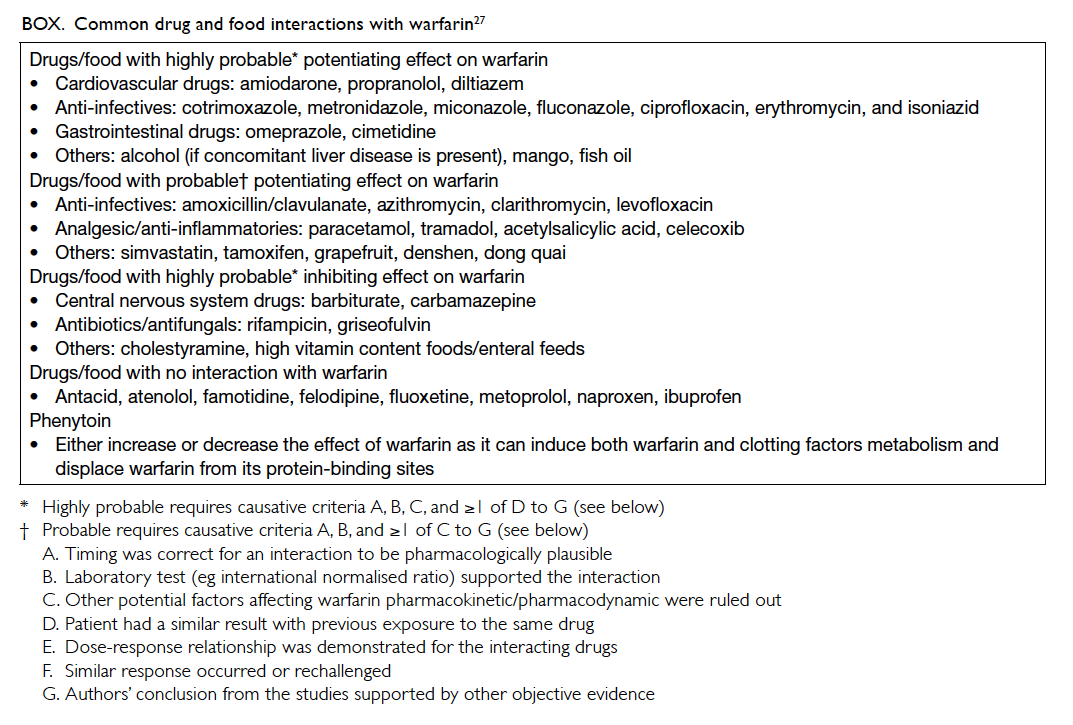
Now, researchers say a new drug called rivaroxaban looks to be as good as warfarin in preventing strokes.Ībout 2.3 million people in the United States have atrial fibrillation, so drug manufacturers have been eager to come up with oral anti-clotting drugs to replace warfarin - drugs that don't require blood tests and frequent fiddling with doses. The anticoagulant drug warfarin is used to reduce that risk, but since people respond to it very differently, it requires careful monitoring to avoid the risk of heavy bleeding. Listen to the other ACEP E-QUAL podcasts on our Soundcloud account.A new drug called rivaroxaban may not require as many blood tests for patients with atrial fibrillation as the current drug on the market does.Ī common form of irregular heartbeat called atrial fibrillation can cause blood clots, putting people at increased risk of stroke.
COUMADIN ANTI STROKE PATCH
The PATCH trial demonstrated, however, that platelet transfusion led to significantly worse outcomes. Theoretically, if one could provide extra platelets, the inhibiting agent could be saturated and the remaining platelets provide some functional activity. The issue with patients on these antiplatelet agents is not a lack of platelets, but the presence of medication that suppresses normal platelet function. The most common agents are aspirin and Plavix (clopidogrel). It should be noted that there are no reliable tests for measuring DOAC activity. PCC can be used off-label to outcompete circulating inhibitor with extra coagulation factors and increase the number of functional factors.Andexanet is notably more expensive than idarucizumab. Reversal of Factor Xa inhibitors can similarly be attempted with the use of monoclonal antibody andexanet.Reversal of dabigatran can be achieved with the use of a monoclonal antibody, idarucizumab, to bind up circulating inhibitor.If the timing of the last dose is known and it was hours ago, there may not be much medication left to reverse. Time can be thought of as a reversal agent.Factor Xa inhibitors (e.g., rivaroxaban, apixaban, edoxaban)Īpproach to reversal: remove the inhibitor to allow normal function of already existent Factor II or Xa.Factor II inhibitors (e.g., dabigatran).PCC does carry a theoretical risk of thromboembolism given the rapid correction, but no evidence exists to suggest that this is the case. Studies have shown PCC to be associated with faster INR reversal, less ICH expansion, and a non-statistical trend toward decreased mortality. Transfusion is quick, ~70 mL, and leads to rapid correction of INR.PCC, marketed as Kaycentra in the US, consists of concentrated Factor II, VII, IX, X, and proteins C and S.Transfusion will take some time as it will require ~ 1 L volume.FFP carries each of the 4 needed factors in addition to other clotting factors.While it should be given early, patients also require factor replacement acutely.įresh frozen plasma (FFP) or prothrombin complex concentrate (PCC) can be given to supplement coagulation factors. Vitamin K supplementation will not provide immediate effect, and it may take up to 24 hours for the production of new coagulation factors. Provide replacement of these factors directly.Replenish vitamin K to allow the production of new factors.To increase the availability of these factors, countering the effect of warfarin therapy can be two-fold: Since vitamin K is required for the processing of coagulation factors II, VII, IX, and X, patients on warfarin have decreased amounts of these factors in circulation. The goal of anticoagulant reversal in patients with ICH is to decrease ongoing bleeding. Since it is impossible to go back in time to prevent intracranial hemorrhage (ICH), the focus of management for hemorrhagic stroke should be to prevent further bleeding and allow brain tissue an opportunity to recover. What is the goal of anticoagulant reversal?


We present highlights from this discussion with Dr. Goldstein addressed common anticoagulants and their reversal agents, summarizing available literature to inform clinical practice.

Joshua Goldstein (Massachusetts General Hospital, Harvard Medical School). The ACEP E-QUAL Network podcast, a partnership with ALiEM to promote clinical practice improvements, reviewed this topic with Dr. Acute management of cerebrovascular accidents can be challenging enough, but questions about anticoagulant reversal in the setting of hemorrhagic stroke add another layer of complexity.


 0 kommentar(er)
0 kommentar(er)
